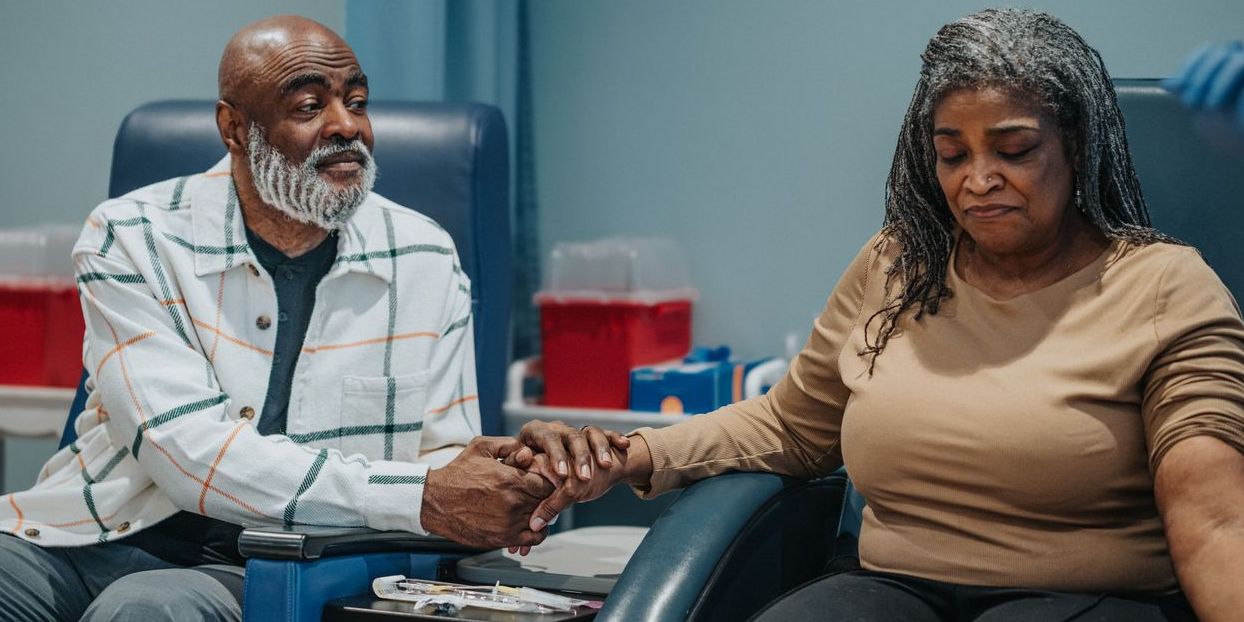The optimal approach to prevent postoperative recurrence (POR) in Crohn’s disease (CD) after ileocecal resection (ICR) remains elusive, fueling ongoing research.
Researchers conducted a retrospective study to assess the effectiveness of early medical prophylaxis compared to expectant management with treatment guided by findings at elective endoscopy 6-12 months after ICR.
The study involved CD patients who underwent their first ICR, and they were categorized into cohort 1 if a biologic or immunomodulatory was initiated prophylactically after ICR or into cohort 2 if no postoperative prophylaxis was given. Treatment commenced reactively to elective endoscopic findings. The primary endpoint was to determine the rate of endoscopic POR (Rutgeerts>i1). Secondary endpoints were severe endoscopic POR (Rutgeerts i3/i4), clinical POR, surgical POR, and treatment burden during follow-up.
The results showed 346 patients, 47.4% received prophylactic treatment (proactive/cohort1), while 52.6% did not (reactive/cohort2). At endoscopy 6-12 months after surgery, cohort 2 showed a significantly higher rate of endoscopic POR (Rutgeerts>i1) (53.8% vs 41.5%, OR1.81, P=0.039). No significant difference was observed in severe endoscopic POR (OR1.29, P=0.517). Cohort 2 exhibited significantly higher clinical POR rates (35.7% vs. 17.7%, OR3.05, P=0.002) and numerically higher surgical recurrence rates (13.2% vs. 6.7%, OR2.59, P=0.051). Cox regression found no significant difference in time to surgical POR between proactive and expectant/reactive approaches (HR2.50, P=0.057). Quasi-Poisson regression showed a significantly lower treatment burden for immunomodulator use in cohort 2 (mean ratio 0.53, P=0.002), with no difference in biologics or combination treatment burden.
They concluded that early postoperative medical treatment post first ICR yields lower rates of endoscopic postoperative recurrence compared to expectant management
Source: academic.oup.com/ecco-jcc/advance-article-abstract/doi/10.1093/ecco-jcc/jjae011/7578736














Create Post
Twitter/X Preview
Logout